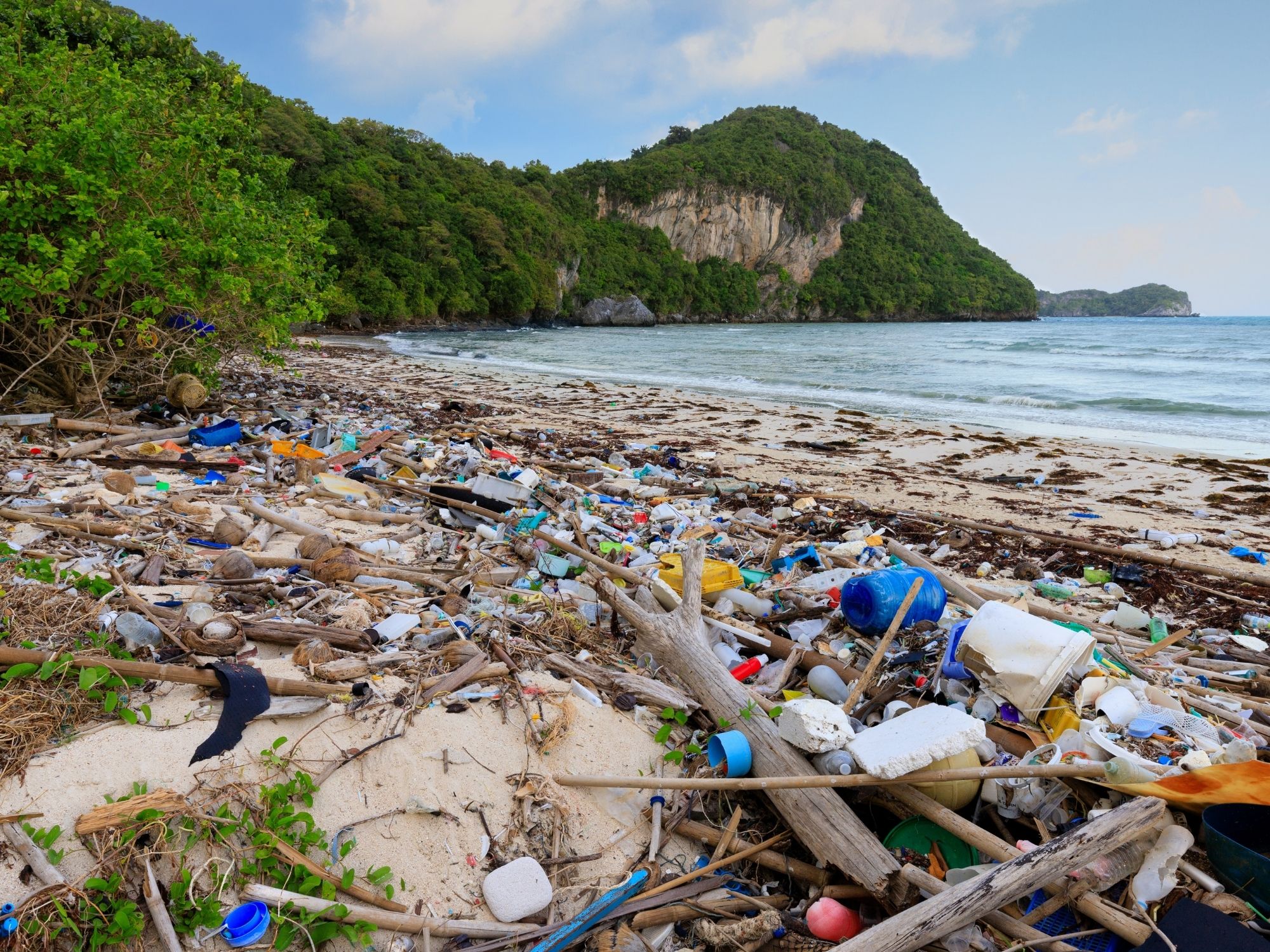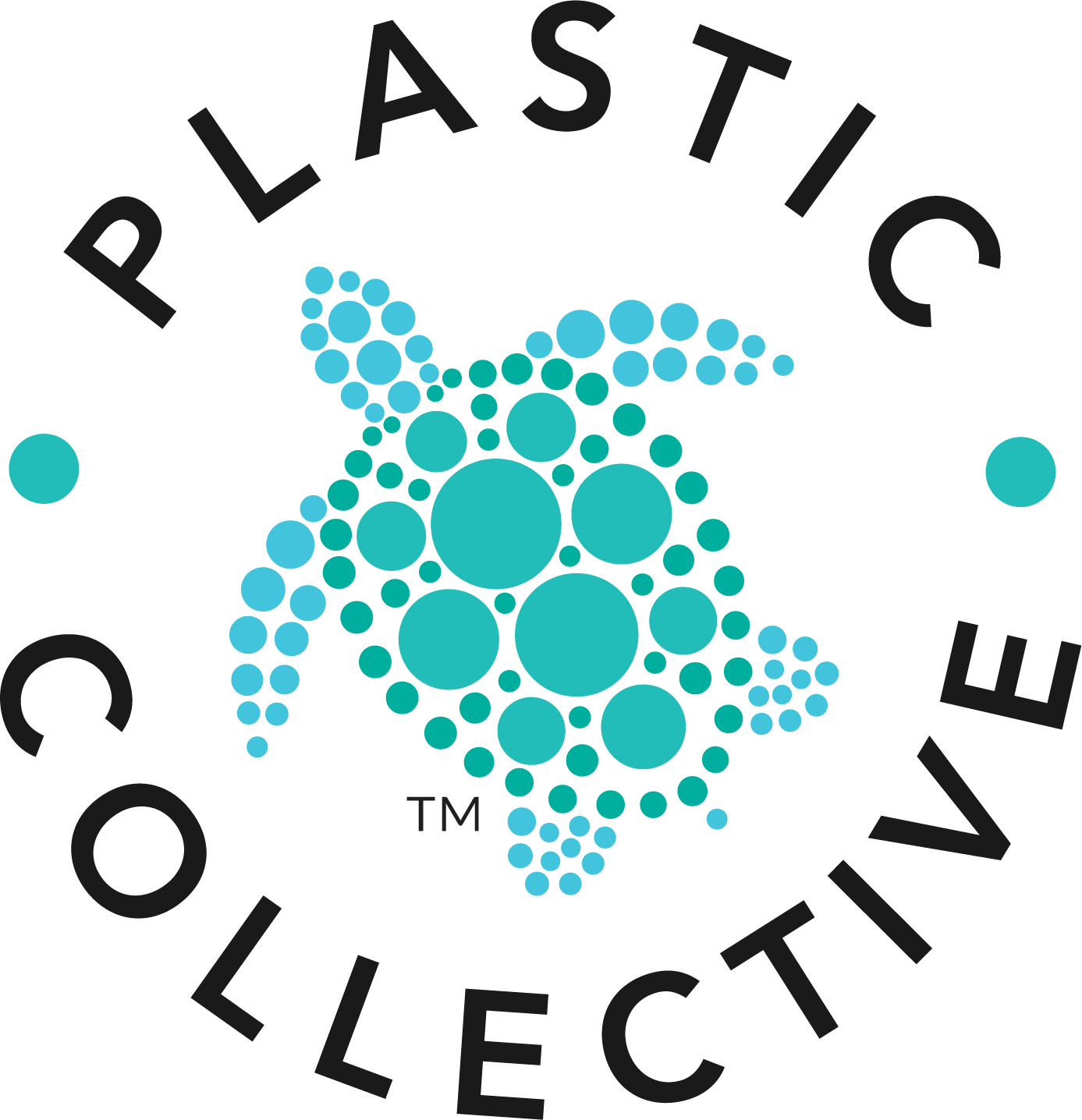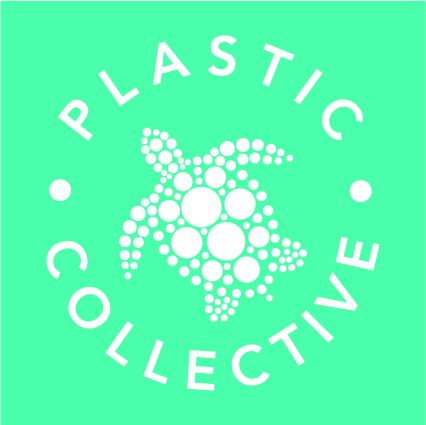Every year, over 400 million tons of plastic are produced globally, yet less than 10% is recycled, leaving mountains of waste to pollute oceans, clog ecosystems, and harm communities. For businesses, this environmental crisis is not just a challenge; it’s an opportunity.
In a world where Environmental, Social, and Governance (ESG) criteria increasingly shape corporate success, addressing your brand’s plastic footprint can not only contribute to solving one of the world’s biggest environmental problems but also to meeting your ESG milestones. One of the most impactful yet underutilised strategies is plastic offsetting a vital component of achieving environmental goals while appealing to eco-conscious stakeholders and investors.
Plastic offset programs are more than just a sustainability initiative; they align with corporate governance, improve financial performance, and demonstrate a commitment to combating climate change. Here’s how offsetting your brand’s plastic can boost your ESG strategy and set you apart in a competitive market.
1. Plastic Offsets and ESG Goals: A Strategic Fit
Plastic credits are an effective tool for achieving ESG targets by addressing one of the most pressing environmental issues: plastic pollution. They work similarly to carbon credits, enabling companies to compensate for their plastic usage by funding projects that reduce or recycle plastic waste in regions most affected by supply chain inefficiencies and inadequate waste management.
However, plastic credits offer distinct advantages over carbon credits. While carbon credits often face scrutiny for their potential to enable greenwashing, plastic credits provide a more direct and measurable impact. At Plastic Collective, we focus on creating tangible results by supporting community-led projects that turn recovered plastic into valuable resources, fostering economic growth and environmental recovery.
For example, our project in Ghana, Plastic Collective’s first African initiative, empowers coastal communities to collect and recycle plastic waste that would otherwise pollute fragile ecosystems. By investing in local infrastructure and training programs, we’re not only reducing waste but also creating jobs and improving livelihoods.
By integrating plastic offsetting into your ESG strategy, businesses can:
- Enhance ESG performance with measurable metrics tied to waste reduction and resource recovery.
- Meet sustainable development goals (SDGs) such as clean oceans, responsible consumption, and well-being in local communities.
- Establish a clear baseline for tracking progress against ESG benchmarks over time.
According to the United Nations, plastic pollution is a key driver of biodiversity loss, underscoring the importance of tackling this issue as part of broader corporate sustainability efforts .
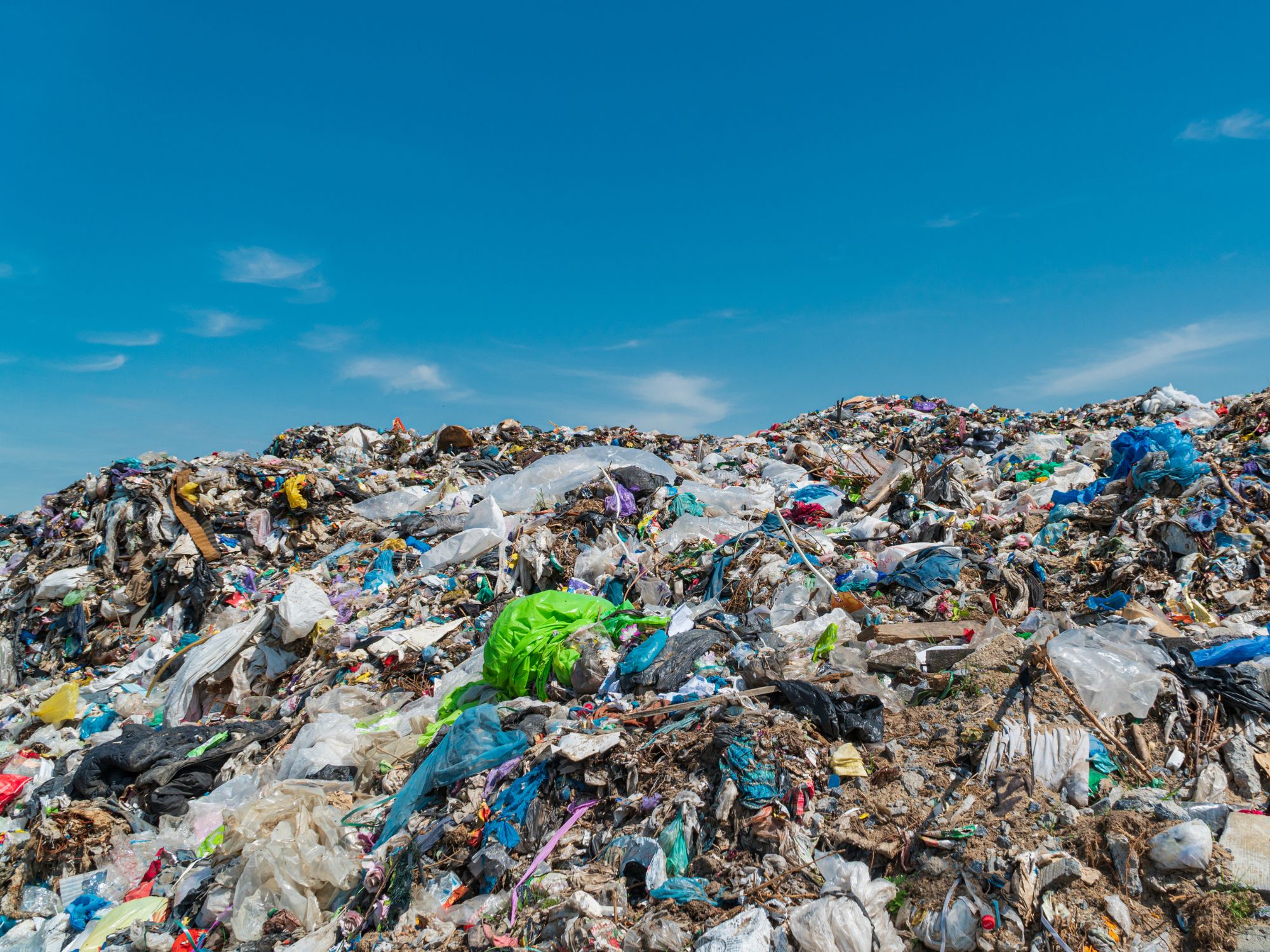
2. Enhancing ESG Reporting with Tangible Results
For businesses aiming to improve their ESG reporting, plastic offset programs provide clear, quantifiable ESG metrics. Unlike vague claims of social responsibility, offsetting initiatives demonstrate accountability through:
- Real-time tracking of plastic recovery and recycling efforts.
- Transparent data on the volume of plastic offset, ensuring compliance with global environmental impact standards.
- Support for local communities through economic empowerment and education on waste management.
This data-driven approach enhances key performance indicators (KPIs) and ensures alignment with corporate ESG objectives, making businesses more attractive to shareholders and investors focused on sustainable practices.By investing in initiatives like those supported by Plastic Collective, businesses can demonstrate progress toward their environmental goals while addressing broader social challenges.
3. Attracting Eco-Conscious Consumers with Plastic Neutrality
Modern consumers, particularly Gen Z and Millennials, expect brands to take bold steps toward sustainability. Plastic neutrality, achieved through offset programs, positions your business as a leader in tackling ESG issues.
Consumer Perception Matters:
- 80% of consumers are changing their shopping habits based on social responsibility, inclusiveness, or environmental impact.
- 77% are more willing to spend money with a company that has a corporate social responsibility pledge
By promoting your commitment to plastic neutrality, you create an emotional connection with environmentally aware customers, driving loyalty and enhancing your brand’s reputation. Plastic neutrality goes beyond recycling; it represents a commitment to offsetting your brand’s plastic footprint by funding impactful recovery and recycling projects. By partnering with Plastic Collective, you’re joining a growing network of brands that are actively reducing their environmental impact while empowering communities worldwide.
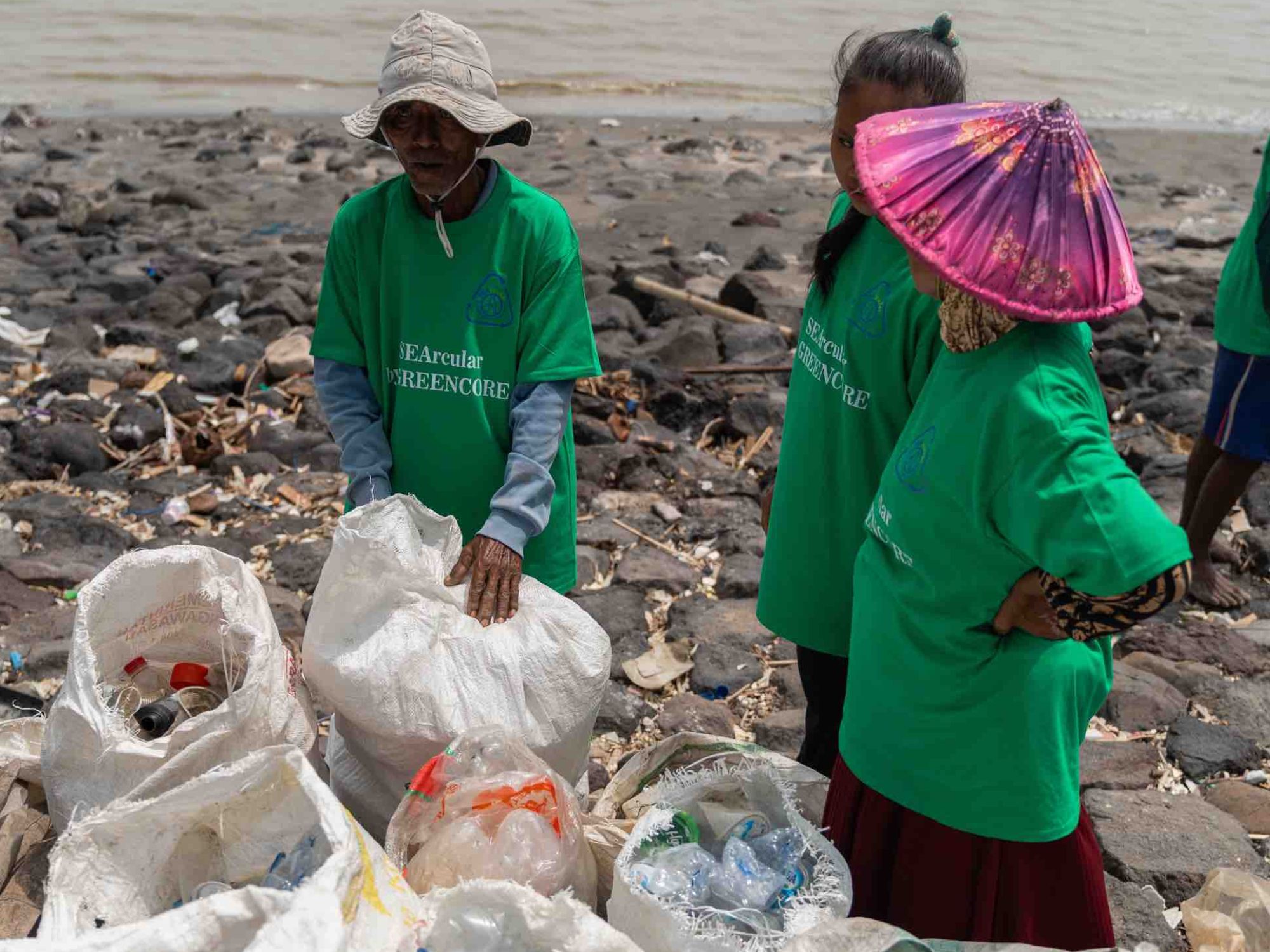
4. Talking to Eco-Conscious Consumers: Be Honest, Be Bold
Effective communication with eco-conscious audiences requires authenticity and transparency. Here’s how to engage:
Focus on Impact: Share specific details about your plastic offset contributions, such as the volume of plastic recovered and its measurable environmental benefits.
Tell Your Story: Highlight your brand’s sustainability journey, including challenges and local benefits achieved.For example, describe how your partnership with Plastic Collective supports the Java project, empowering local communities to recycle and repurpose ocean bound plastic waste
Educate and Empower: Use marketing platforms to inform consumers about the importance of plastic offsetting and its role in addressing environmental goals.
5. Strengthening ESG Initiatives Across the Supply Chain
A sustainable supply chain is a cornerstone of any effective ESG strategy. Plastic offsetting complements other ESG initiatives, such as reducing greenhouse gas emissions and adopting renewable energy sources.
Key benefits include:
- Demonstrating leadership in addressing materiality assessments related to waste management and plastic reduction.
- Minimising reliance on landfills by supporting innovative waste-to-value programs.
- Building stronger partnerships with providers who prioritise sustainable practices and shared environmental goals.
Companies participating in offset programs through Plastic Collective contribute directly to projects in Indonesia and Ghana, where recovered plastics are transformed into valuable resources, reducing pollution and supporting local economies.
6. Aligning with Investment Decisions and Corporate Governance
Investors are increasingly integrating ESG factors into their decision-making processes. By incorporating plastic offsetting into your business practices, you signal a proactive approach to addressing ESG risks and meeting corporate governance standards.
Why it matters:
Long-Term Value: Companies with strong ESG credentials have shown better financial performance over the long term, according to studies by the CDP (Carbon Disclosure Project).
Investor Confidence:Demonstrating measurable progress in plastic reduction enhances investor confidence and aligns with global investment decisions prioritising sustainability.
Leadership in Sustainability: By supporting traceable and impactful projects, you position your brand as a trailblazer in tackling plastic waste, a critical ESG issue.
Insight: Plastic offsets are a practical, achievable solution for businesses seeking to bridge the gap between sustainability ambitions and real-time impact.
Achieve ESG Excellence Through Plastic Offsetting
As the pressure to meet ESG goals intensifies, businesses must adopt innovative strategies to stay ahead. Plastic offset programs not only address critical environmental impacts but also align with broader corporate sustainability efforts.At Plastic Collective, we specialise in helping businesses achieve meaningful ESG milestones. Our projects support global sustainability while providing the data and transparency needed for effective ESG reporting.
Ready to lead the way in sustainable business practices? Contact us today to explore how our plastic offset programs can enhance your ESG strategy, attract eco-conscious consumers, and strengthen your position with investors.
